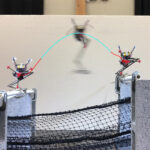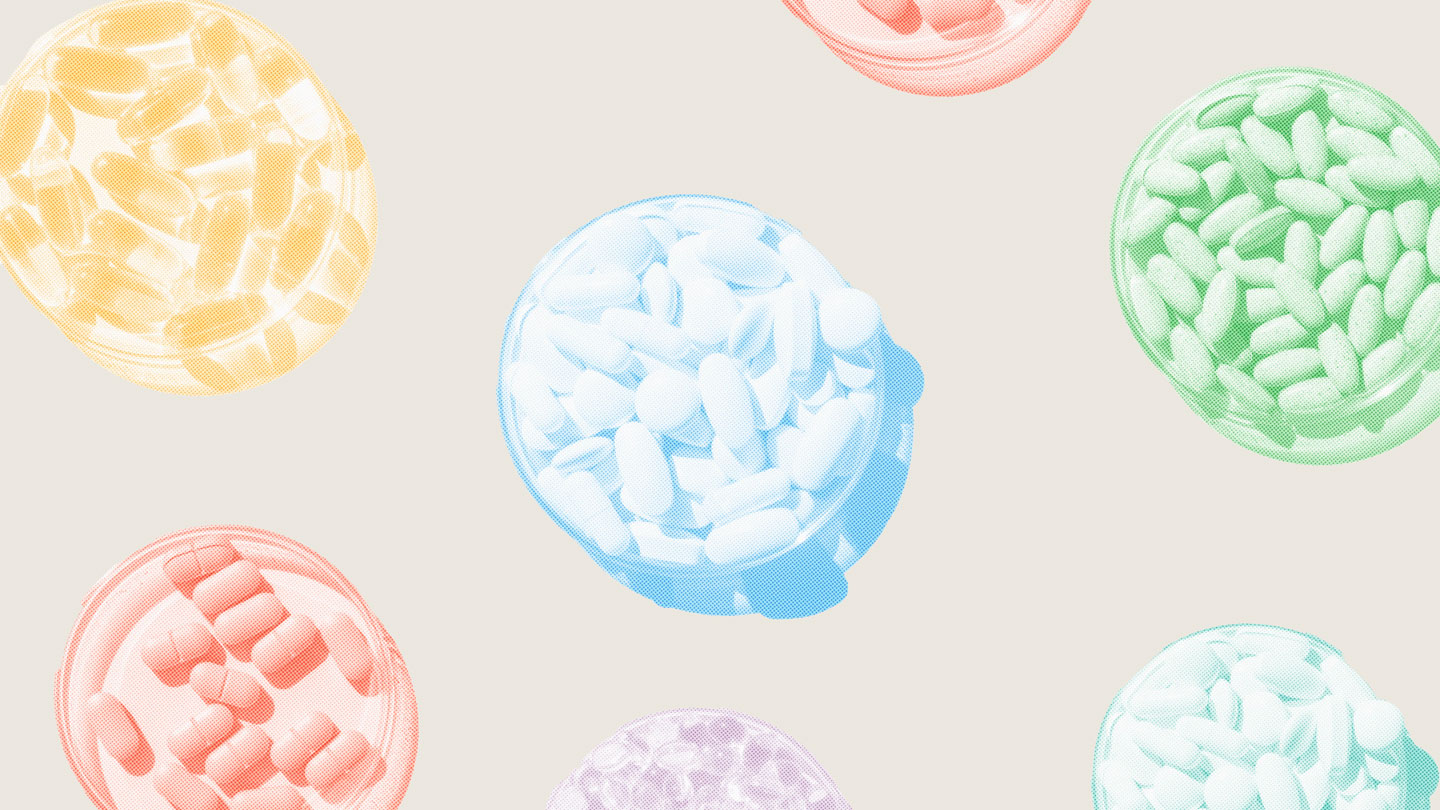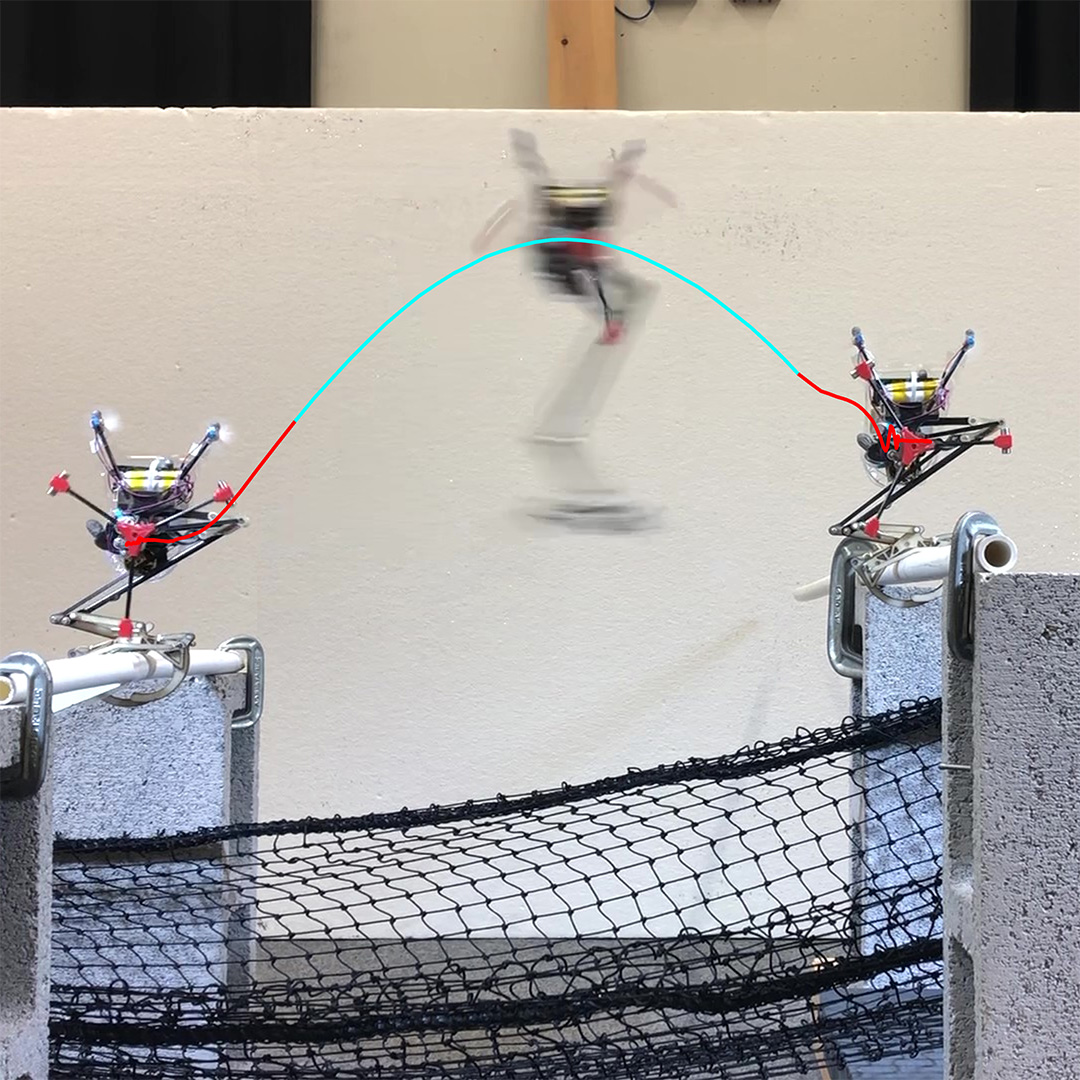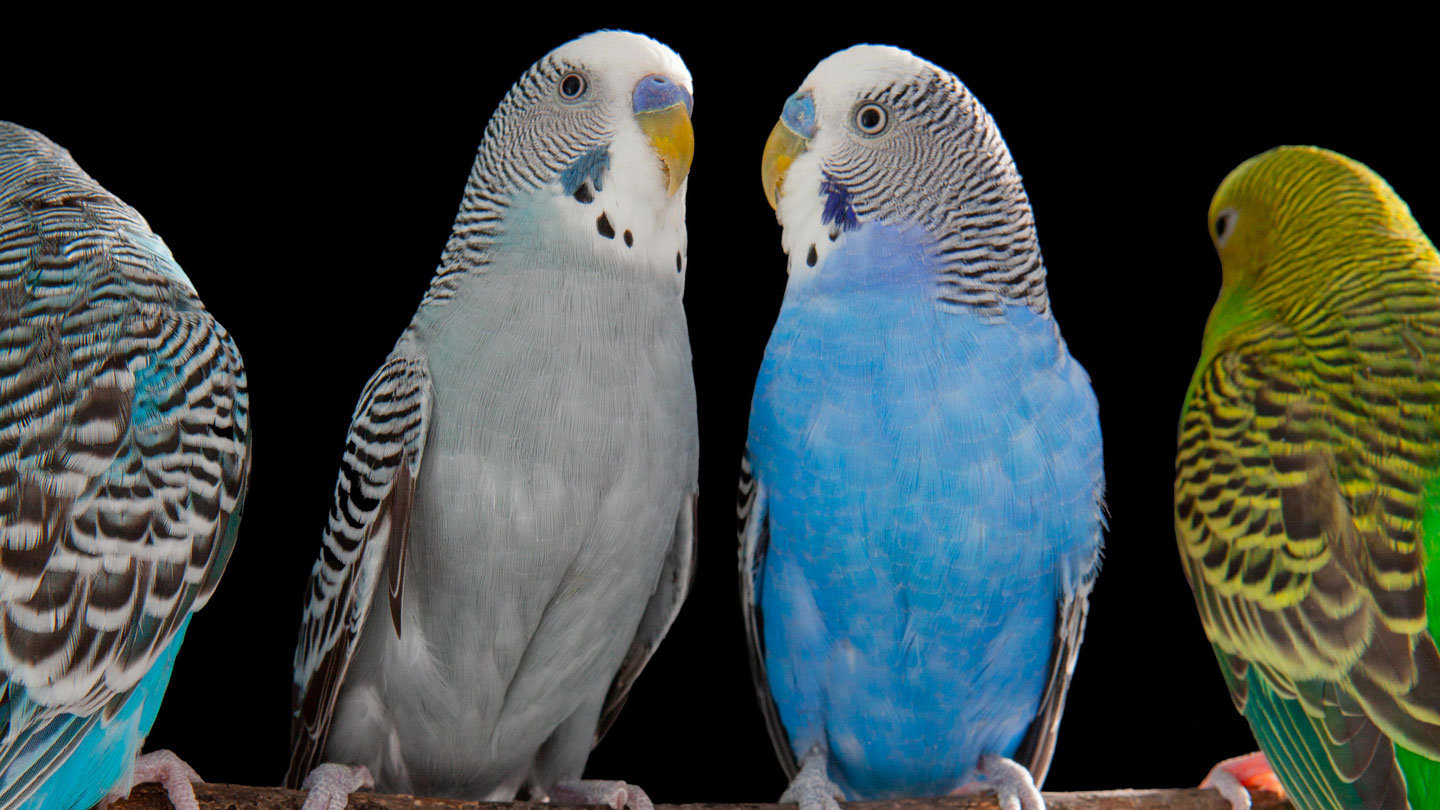The viruses of cold and flu season are upon us, and in us, where they’re causing misery upon misery. But don’t worry. You can hop online, and for a mere $24.95, buy yourself a bottle of Zeebo Relief pills, designed to ease your bothersome symptoms.
The key ingredient? Absolutely nothing.
They’re placebos, and as such, they contain no active ingredients, not even sugar. The tagline: “You are the active ingredient.”
Maybe you’re rolling your eyes. Is there any reason to think that pills of nothing could work?
Yes, it turns out. And in fact, many of us may have a similar placebo, of sorts, sitting in our medicine cabinets. It’s phenylephrine, and it’s been on the market for decades. This decongestant is in over-the-counter cold medications sold by brands such as Sudafed PE and DayQuil.
Yet in 2023, an advisory committee to the U.S. Food and Drug Administration combed through data on whether the drug, taken by mouth, worked and concluded it unstuffed people’s noses no better than a placebo. Now the FDA is considering whether to pull this particular decongestant from store shelves. (The scrutiny involves only the pill form of the drug; the nasal spray form, along with other types of decongestants, have no such baggage.)
Before you cull your medicine cabinet, the issue raises some intrigue. In particular, the phrase “no better than a placebo.” It’s not necessarily that phenylephrine doesn’t make you feel better; it’s that the placebo does, too.
In a 2016 study, for instance, people took either the drug or a placebo, an inert substance that’s generally thought to do nothing. Over the seven-day trial, both groups felt better by roughly the same amount. This highlights the “power of expectation,” says Michael Bernstein, an experimental psychologist at Brown University’s Warren Alpert Medical School. “Here you have a drug that people have taken for years, a drug that people really feel like works,” he says. “And it does work.” Just not in the way you might think.
We usually expect a drug to work through some sort of fancy molecular action, a precise biological effect. But in this case, that effect comes from our beliefs. Neuroscientists don’t have the placebo effect figured out, but they have some good ideas about how parts of the brain create expectations and beliefs.
And those beliefs can hold power, even when we know we’re taking a placebo.
Bernstein and colleagues are working on a study right now that involves full honesty. After a visit to an emergency room, people who receive a prescription for an opioid pain drug are also given a placebo and told all about it. “Our goal is to see whether or not the open placebo can reduce how many opioids they’re taking after they get discharged from the ER,” he says.
That level of forthrightness might be a little too much to strive for if you’re a parent of a kid with a nighttime cough. But a spoonful of “medicine” might bring relief. A 2014 study found that a child’s cough responded equally well to colored, flavored water and agave nectar, and both “treatments” beat nothing. “Knowingly using a placebo to treat cold symptoms in young children may constitute good medicine,” the authors of an accompanying editorial wrote. Many parents already dole out placebos without even knowing it. “If your kid has ever gotten a scrape or a cut and you said, ‘I’ll kiss it to make it better,’ that’s basically just a placebo,” Bernstein says.
As you consider phenylephrine’s role in your life, take a moment to consider that your mind might be a powerful ally in your fight against your cold, even if it knows full well what you’re trying to slip past it.
A placebo won’t work for every condition, nor will it help everyone, as this one-star review of the Zeebo pills makes clear: “Totally doesn’t work.” But before you make up your mind, consider this four-star review: “It does what it’s supposed to do.” Whatever you think that might be.










